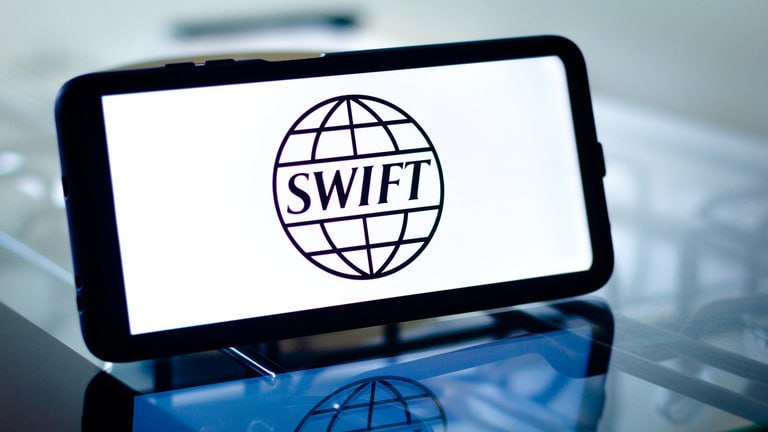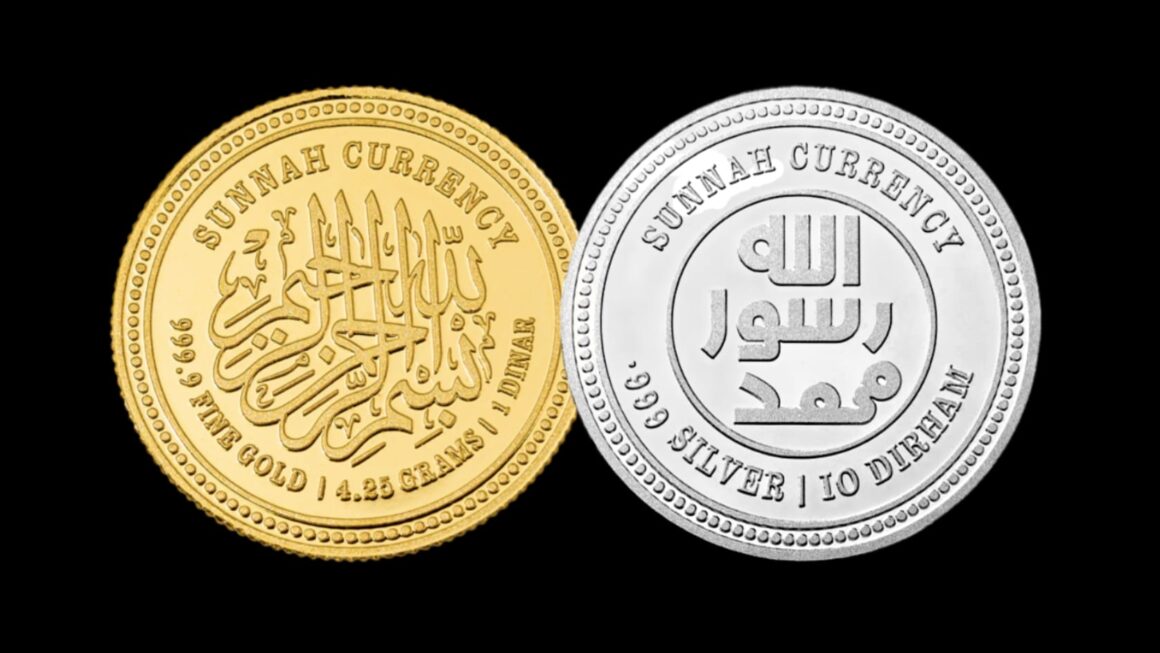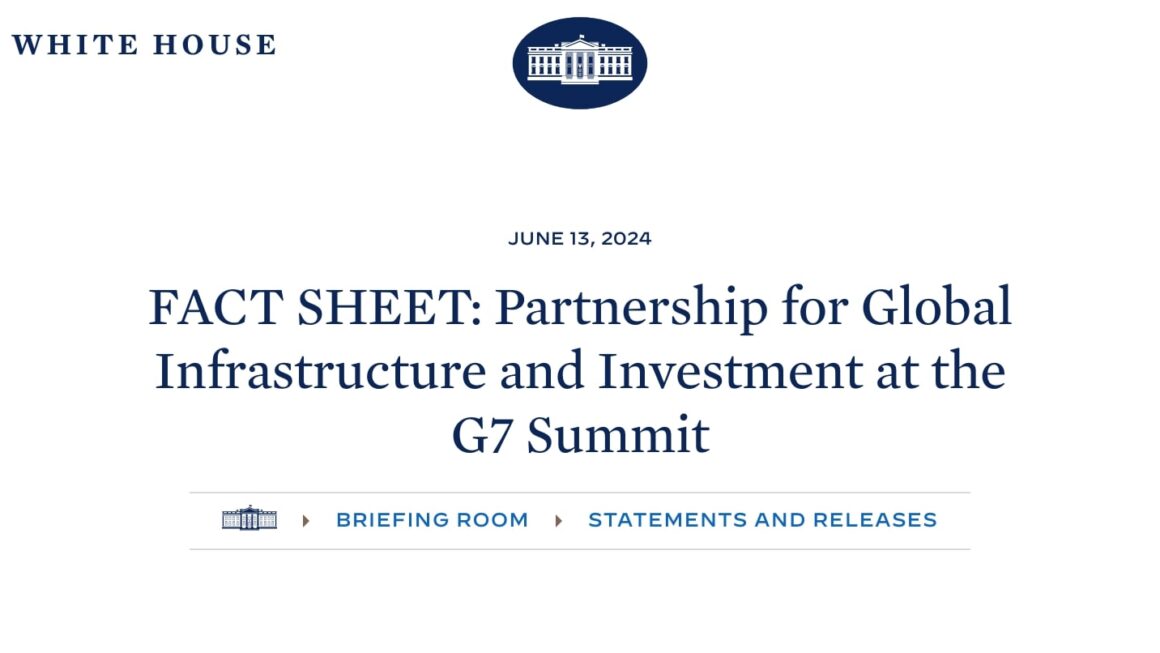In a groundbreaking development, Russia and Iran have officially severed ties with the SWIFT system, marking a pivotal departure from the Western-dominated transaction framework. Mohsen Karimi, Deputy Head of the Central Bank of Iran (CBI), made this announcement, revealing that both nations have embraced a direct interbank transfer mechanism.
During an interview on Iranian state television, Karimi highlighted the transformative nature of the new system, allowing companies in Russia and Iran to engage in trade using their respective national currencies, thereby eliminating the dependence on the dollar or euro. This strategic shift has intricately linked the financial correspondence networks of the two countries, rendering intermediaries like Switzerland obsolete for communication between their banks.
Karimi explained, “The banks of our two countries no longer need Switzerland to communicate with each other, and commercial banks of both countries can establish brokerage relations directly.” He emphasized the practical implications, stating that Iranian exporters can now issue invoices to their Russian counterparts in rials, receiving payments through Russian banks based in Iran. Crucially, the system also facilitates transactions in Russian rubles.
This move signifies not only a departure from traditional Western-centric financial systems but also the establishment of a more direct and sovereign channel for economic interactions between Russia and Iran. By passing the SWIFT system, these nations are forging a new path in international trade, promoting increased autonomy and flexibility in their financial dealings.
The switch to a direct interbank transfer mechanism reflects a growing trend among sanctioned countries seeking alternatives to Western-dominated financial infrastructures, ushering in a new era in global economic relations. Russia and Iran’s bold step underscores the changing dynamics in the geopolitical and economic landscape, as nations explore innovative solutions to enhance their financial independence and bolster international partnerships.














